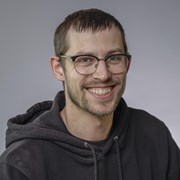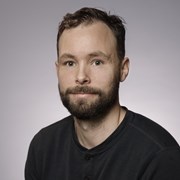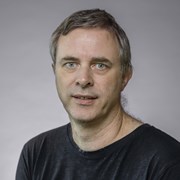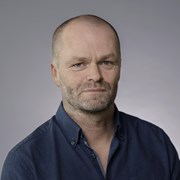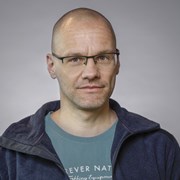

Optimization
Contact person
The Optimization research group's expertise is in mathematical decision-making at scale, with key topics being planning, scheduling, routing, sequencing, design and timetabling. Companies and organizations increasingly need both decision support and automated decisions, and with our decades of experience in optimization and operations research we solve new questions in these areas and help make innovation possible. We have broad experience in the full range of methods, like exact optimization, decomposition methods, metaheuristics and matheuristics.
We develop our own software libraries that have been refined and extended over many years and contain a variety of solution methods, but we also utilize commercial solvers. Our results are exploited, either through existing solution vendors, spin-off companies, or directly by the end users. Our revenues come from users in industry and the public sector, often supported by Norwegian or EU funding agencies. The group is internationally renowned both in industry and academia. We publish actively, also in top level scientific journals.
While applications are dissimilar, the same methods can often be applied in a broad range of situations, and therefore we apply our skills in a wide range of domains. Below is a selection of our market areas, projects and software.
Business areas
Software

Scoop Scheduler
A solver for generalized Resource Constrained Project Scheduling Problems. With a rich problem model, and an adaptable set of algorithms, it is applicable to a wide range of real world planning- and scheduling problems.

Scoop Roster
A software component for automatic optimization of rosters

Train Dispatcher
Train dispatcher provides decision support for train controllers. In situations where a train is delayed, other trains may also be delayed as a consequence. The software calculates the a plan that minimizes the total delay across all trains.

SINTEF Multi-Agent Discrete Event Simulator
SIMADES - a simulator for decision support, validation, testing, training and education.

SINTEF ATC Optimisation Service
Optimising Air Traffic Control.
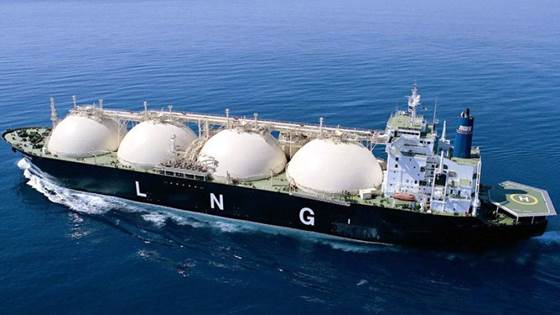
Invent
Our Invent software automatically produces optimised plans for maritime transportation of bulk commodities, while keeping storage levels for production and consumption within limits. Typical application areas are transportation of Liquefied Natural...

Spider
Spider is a versatile and powerful software component for optimized transportation planning and vehicle routing. It offers a huge potential for savings in transportation through cutting edge optimization algorithms. Spider has been developed by...

Power Grid Optimiser
A software for computing the optimal (switch) configuration of power distribution grids. The choice of configuration is critical in many DSO decision processes, from long term investment planning to daily operations.

Integrated Runway Sequence Manager
Bringing together international top-level expertise in artificial intelligence and operational experts, SINTEF has developed the Integrated Runway Sequence Manager (IRSM). This solution plans arrival and departure flows as synchronised, integrated...
Projects
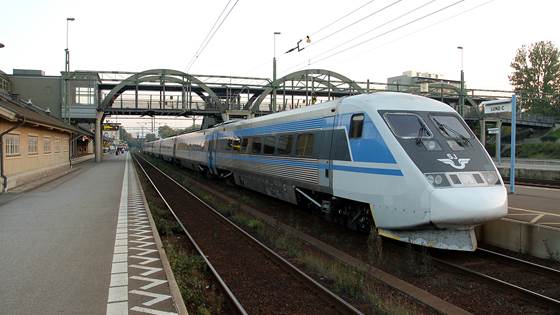
GOTO
GOTO - Greater Oslo Train Optimization. The GOTO main goal was to transfer the most recent advances in optimization and machine learning to railway traffic management. We developed the methodological groundwork for an Optimization-based Traffic...

MainMan
Currently, maintenance planning in the railroad domain is predominantly performed manually and involves: Crew scheduling (assigning maintenance tasks to crews dependent on skill set) and job shop scheduling (assign time slots for vehicles to depot...

OptiSite
SINTEF was the research partner in the innovation project OptiSite, led by Spacemaker (now part of Autodesk). The project contributed to developing Spacemaker from a start-up idea to an established product with international presence.

OPSTRA
OPSTRA - Optimal Scheduling for next-generation intelligent TRAnsport systems is a pure research project devoted to develop new mathematical optimization models and algorithms for job-shop scheduling problems arising in transportation. The...

ORP Prototype
Optimal Route Planning (ORP) aims to develop optimization-based algorithms and tools to support a smoother, future-oriented train timetabling process. The ORP Prototype is the first phase of this ambitious project, where a prototype is developed and...

StraTi
StraTi is a short exploratory research project for extending SINTEF's existing train management tools in order to support Strategic Timetabling.

CO2REOPT
The CO2REOPT project aims at developing methods and tools for full external transport integration where suppliers, manufacturers and customers share a fully integrated and optimized intermodal supply chain.

SmartPower
The goal of the SmartPower project is to demonstrate the usefulness of modern optimisation methods for demand response applications in energy markets. To this end, we develop a prototype for optimised power matching/load balancing in large scale...
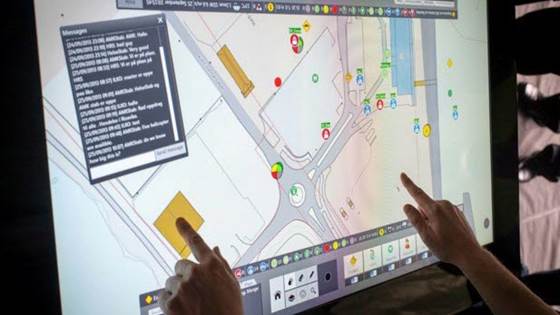
Next Generation Decision Support Tool
Enabling better collaboration between humans and decision support systems in time-critical complex domains

DynamITe competence project
In the DynamITe competence project, we developed new models, solution methods, and basic software for optimized transport of goods and people in an ever more dynamic world.

Skiftopt
This is a large industrial project between Nobina AB in Sweden and SINTEF Optimisation. The project focuses on building a personnel scheduling engine - SkiftOpt - that matches bus drivers to shifts. The engine creates a work schedule for personnel by...

Bonvoyage
The BONVOYAGE project aims at designing, developing and testing a platform optimizing multimodal door-to-door transport of passengers and goods.

SPORTING
Sports scheduling addresses the problem of assigning a date and venue to each game of a tournament, while taking the wishes and requirements of all stakeholders into account. Scheduling a sports league or a tournament is a combinatorial optimization...

AKTIV
The overall goal of AKTIV is to increase quality of treatment, patient satisfaction, and efficiency in hospitals. This will be achieved by the development of powerful—optimisation based—planning tools that enables more unified planning processes...

KogniGrid - Digital Twin for distribution grids
Kongsberg Digital is leading the way towards the digitalized energy system of the future with its KogniGrid project.

ENERGYTICS
ENERGYTICS will demonstrate how machine learning and artificial intelligence can increase the value of the new smart meters that are currently being installed in all Norwegian homes.
News

Tallknusing gir serieoppsettet
Spenningen er stor når terminlista for eliteserien skal presenteres. Det få fotballentusiaster vet, er at det finnes milliarder av kamp-kombinasjoner – og at forskere er satt på jobben med å finne det optimale kampoppsettet.

Norwegian researchers make European air traffic more efficient
Many major European airports are unable to expand. This means that aircraft departures, arrivals and surface movements will have to be speeded up. A Norwegian system designed to make all airport movements more efficient is tested in Hamburg, and at...

Optimal fixture scheduling
With help from SINTEF, the northern Norwegian company Profixio is aiming to become a world leader in fixture scheduling for handball, football and volleyball tournaments.

The optimal result
We don’t just want the best. We want the very best.

Preventing air accidents
A Norwegian, satellite-based system aims to ensure that helicopters and light aircraft are prevented from colliding with power lines and other obstacles.

Norwegian IT researchers are the best in the world
International IT researchers have limited contact with the industry, and tend to stay in their offices, working on concepts and studies. Norwegian researchers work closely with companies – and win awards
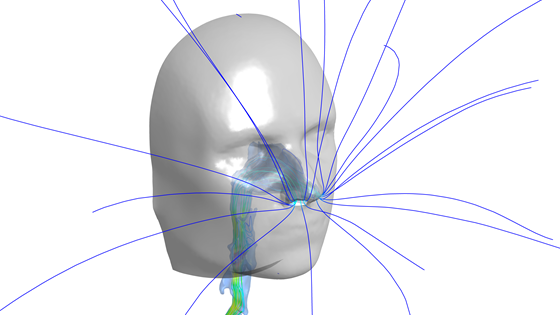
Mathematics as a means to stop snoring
A flag waving in the wind can illustrate what we call "air-solids interaction". When the wind hits the top of the flagpole the flag dances to the wind's rhythms, often in complex ways. And as we all know: it takes two to tango. The air-flow is also...

Design affects patient care
The design of “bed clusters” is important.








